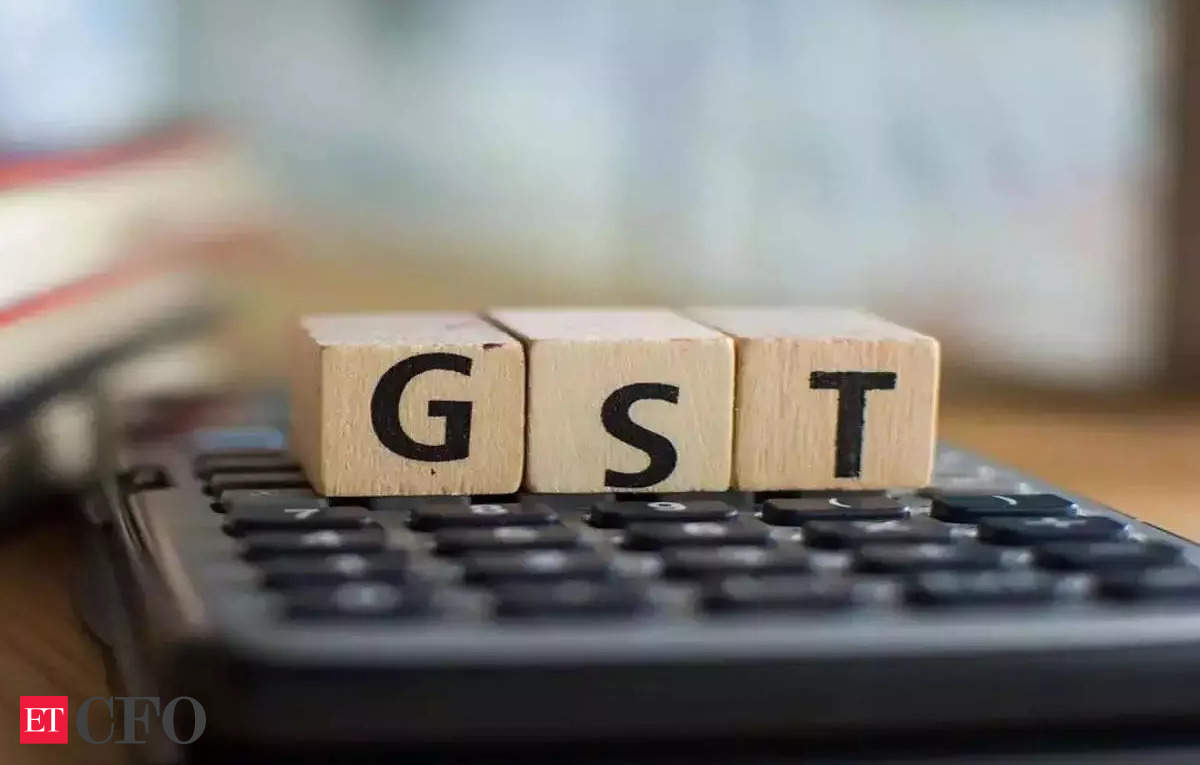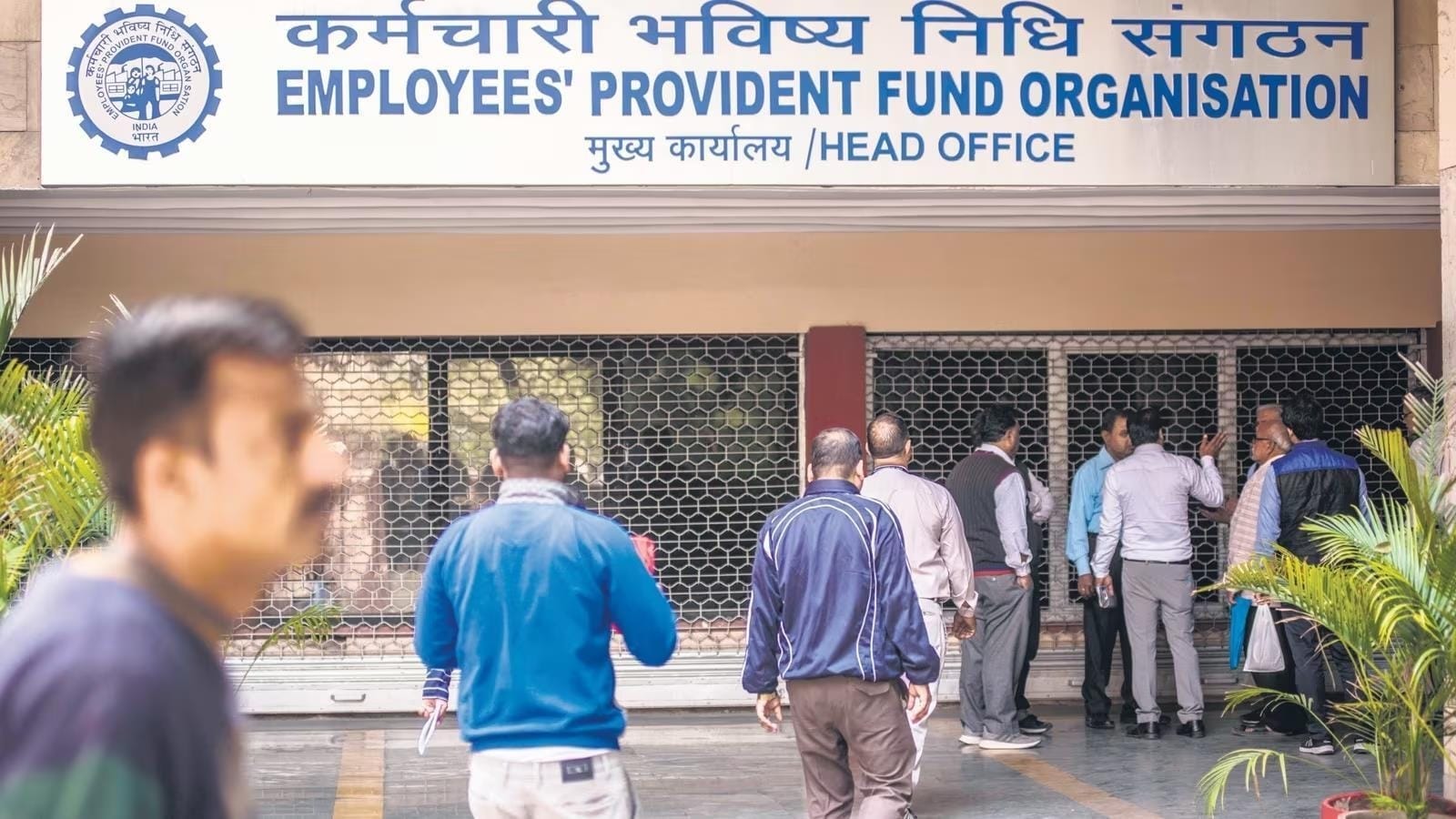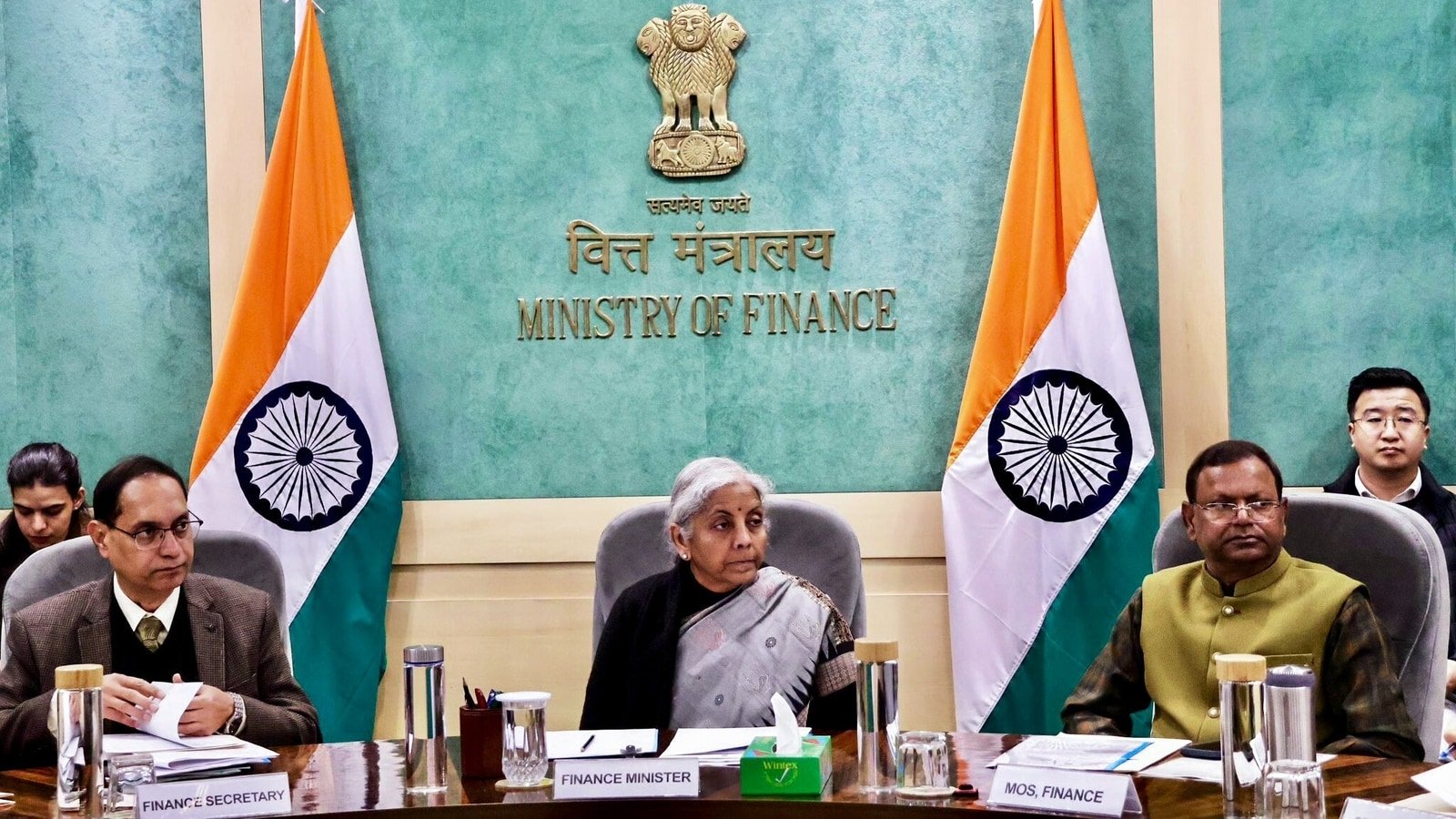The Central Board of Indirect Taxes and Customs (CBIC) has issued Notification No. 16/2024-Central Tax dated August 06, 2024, specifying the implementation dates for certain sections of the Finance Act, 2024. As per the notification, section 13 (Clause 13) of the Finance Act, 2024, will come into effect on October 01, 2024, while sections 11 (Clause 11) and 12 (Clause 12) will become effective on April 1, 2025. These sections relate to the Input Service Distributor (ISD), the manner of distribution of credit by the ISD, and the penalty for failing to register certain machines used in the manufacture of goods according to the special procedure.
Below are All GST Amendments Proposed in Budget 2024:
Current Provisions vs. Proposed Provisions
Clause 11 – Section 2(61) of CGST Act – Input Service Distributor, effective from April 01, 2025
Current Provision: Section 2(61) defines an “Input Service Distributor” as an office of the supplier of goods or services or both that receives tax invoices towards the receipt of input services and issues a prescribed document for distributing the credit of central tax, state tax, integrated tax, or union territory tax paid on the services to a supplier of taxable goods or services or both having the same Permanent Account Number (PAN) as that of the said office.
Proposed Provision: The revised definition expands the scope to include invoices for services liable to tax under sections 9(3) and 9(4) for or on behalf of distinct persons referred to in section 25. It mandates ISDs to distribute the input tax credit (ITC) concerning common input services acquired by the Head Office (HO) from third parties but applicable to the HO and Branch Office (BO) or exclusively to one or more BOs.
Effect: The amendment makes ISD registration mandatory for distributing ITC concerning common input services. ISDs can now pay GST for common input services under the reverse charge mechanism as per sections 9(3) and 9(4) of the CGST Act and distribute ITC related to such services.
Clause 12 – Section 20 of CGST Act – Manner of Distribution of Credit by Input Service Distributor, effective from April 01, 2025
Current Provision: Section 20 outlines the manner in which ISDs should distribute credit, including conditions such as issuing documents containing credit details, ensuring the credit distributed does not exceed the available amount, and distributing the credit pro rata based on turnover.
Proposed Provision: The revised section requires any office of the supplier that receives tax invoices for input services to register as an ISD and distribute the input tax credit in respect of such invoices. The distribution of credit is to follow prescribed manners, timeframes, and restrictions.
Effect: The amendment prescribes compulsory ISD registration for distributing credit in the case of procuring common input services and subsequently distributing the ITC to distinct persons. This streamlines the process, ensuring uniformity and adherence to specified guidelines.
Clause 13 – Section 122A of CGST Act – Penalty for Failure to Register Certain Machines Used in Manufacture of Goods, effective from October 01, 2024
Current Provision: N/A
Proposed Provision: A new Section 122A is introduced, imposing a penalty of Rs. 1 lakh per unregistered machine used in the manufacture of goods under special procedures notified under section 148 of the CGST Act. In addition to the penalty, each unregistered machine is liable for seizure and confiscation unless the penalty is paid and the machine is registered within three days of receiving the penalty order.
Effect: The amendment seeks to ensure compliance with special procedures for registering machines used in the manufacturing of certain goods, such as tobacco and pan masala. Non-compliance will result in significant penalties and the potential seizure of unregistered machines.
More notification are coming soon for pending amendments
The CBIC’s notification of August 06, 2024, brings clarity to the implementation timeline of key sections of the Finance Act, 2024. The amendments to the Input Service Distributor provisions and the introduction of penalties for unregistered manufacturing machines aim to streamline tax credit distribution and enhance compliance within the manufacturing sector. These changes are crucial for taxpayers and businesses to understand and comply with, as they will impact ITC distribution and registration requirements from the specified effective dates.
Visit www.cagurujiclasses.com for practical courses











